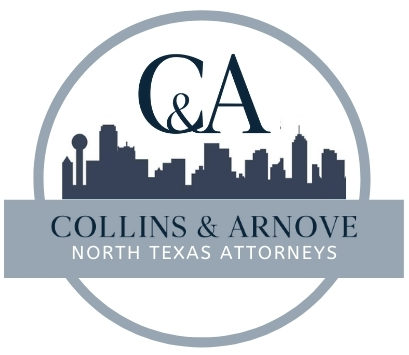 If you are experiencing financial distress due to the loss of income or developing an overwhelming amount of debt and monthly bills, bankruptcy may be an option for relief. While it is wise to weigh out the pros and cons with an attorney, you must understand which debts a Chapter 7 or Chapter 13 bankruptcy will discharge. Understanding the differences can help you decide not only if this is the right financial move for you and your family, but also if you should consider Chapter 7 or Chapter 13. Here is a quick breakdown of which debts are and are not discharged after filing.
If you are experiencing financial distress due to the loss of income or developing an overwhelming amount of debt and monthly bills, bankruptcy may be an option for relief. While it is wise to weigh out the pros and cons with an attorney, you must understand which debts a Chapter 7 or Chapter 13 bankruptcy will discharge. Understanding the differences can help you decide not only if this is the right financial move for you and your family, but also if you should consider Chapter 7 or Chapter 13. Here is a quick breakdown of which debts are and are not discharged after filing.
Discharged In Both Chapter 7 and Chapter 13
To get started, you should learn the type of debt that will be discharged after filing either Chapter 7 or Chapter 13. These debts include the following:
- Credit Cards
- Medical Bills
- Judgement Lawsuits
- Personal Loans
- Lease/Contract Obligatory Debts
There are exceptions to this rule. Certain debts will be discharged under chapter 13, but not chapter 7. Court fees, tax debts, marital debts that arise due to divorce, HOA or condo fees, and debts from retirement fund loans will not be discharged after filing Chapter 7 bankruptcy.
Not Discharged
You may be surprised to learn certain debts will not be discharged. This can be troubling, but your attorney can help you through the process to design a budget that will accommodate these expenses. After filing chapter 7 or chapter 13, you will most likely be required to continue paying the following debts:
- Child Support
- Alimony
- Fines/Penalties Owed After Breaking Laws
- Certain Tax Debts
- Payments/Debts Paid to Person Injured/Killed Due to Your Fault
Under Chapter 7, you will also need to continue paying HOA and condo fees and debt from retirement fund loans.
Student loans and traditional income tax debt will not be discharged unless you can prove exemptions apply. This will require you to ask the court for special permission to have these debts discharged after filing Chapter 7 or Chapter 13.
Also, during the process of filing, certain creditors may ask the court to reconsider the discharging of your debt. Debts that arise due to malicious, fraudulent acts, such as larceny, embezzlement, or mortgage/credit card fraud, committed by yourself may be included in this category. Creditors will also most likely not permit debts not included on your original filing paperwork to be discharged.
Restoring your financial health is possible with proper understanding and the help of professionals. To learn about the different bankruptcy laws and possible discharged debts, contact Collins & Arnove in the Allen, TX area at 972-516-4255.
Collins & Arnove | Bankruptcy Allen TX | 972-516-4255
